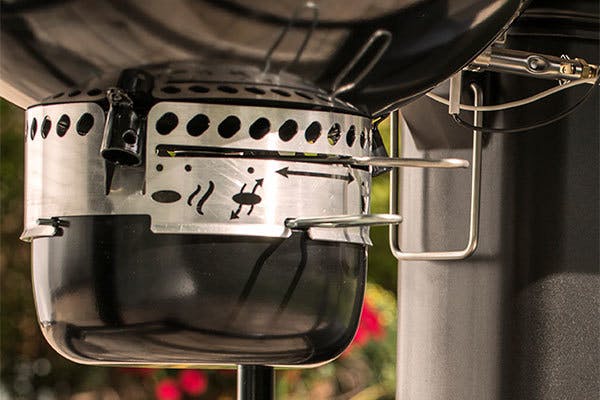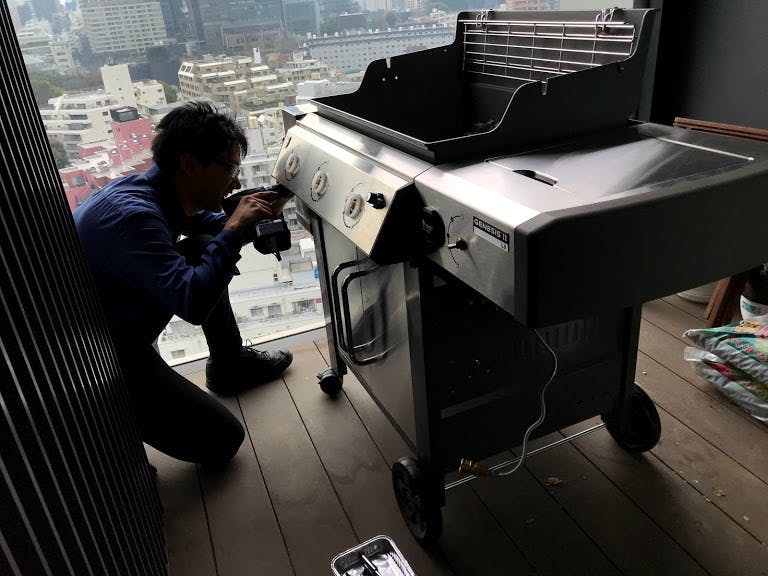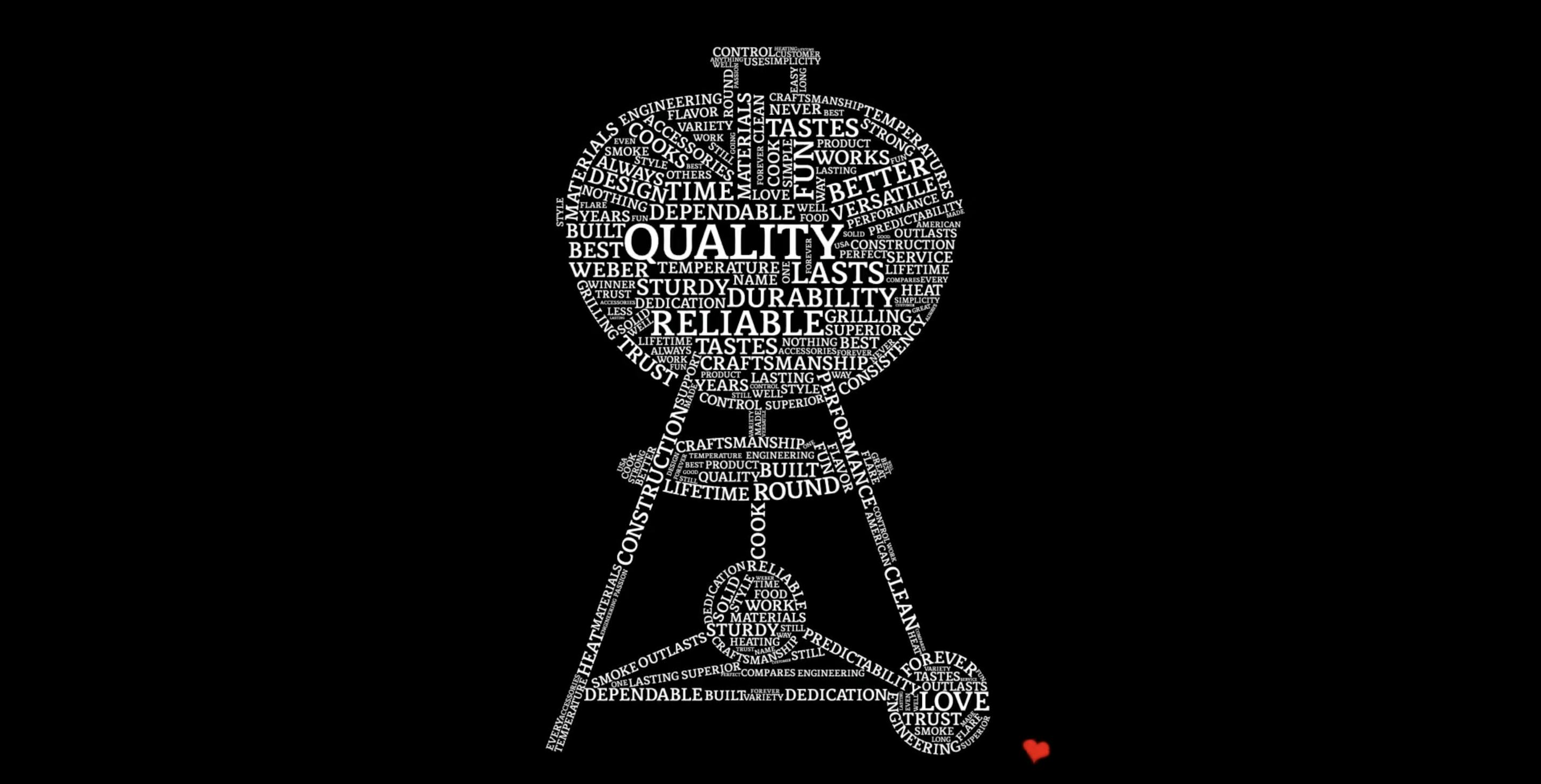What to look for in a charcoal grill?
Buyers Guide
Invest in a good grill and you can focus on dinner, not your toolbox.
Okay, you've got the fever. But do you have the right grill? Remember, your food's only going to be as good as your grill, so make sure a one-time bargain doesn't turn into a long-term disappointment.
1. Solid construction. A good, well-built grill will feel solid and sturdy; a poorly made grill will wiggle. If a grill isn’t solid on the sales floor, chances are it will fall apart rather quickly on the patio or deck. Choose a grill made of high-grade steel. Also opt for a baked-on, porcelain-enamel finish. The legs should be sturdy, wheels should roll easily, and the grill should display a good fit and finish. Cooking grates are generally made from plated steel or chrome-plated aluminium. A thicker, heavier-gauge cooking grate will last longer and distribute and retain heat better.
A good, well-built grill will feel solid and sturdy; a poorly made grill will wiggle. If a grill isn’t solid on the sales floor, chances are it will fall apart rather quickly on the patio or deck. Choose a grill made of high-grade steel. Also opt for a baked-on, porcelain-enamel finish. The legs should be sturdy, wheels should roll easily, and the grill should display a good fit and finish. Cooking grates are generally made from plated steel or chrome-plated aluminium. A thicker, heavier-gauge cooking grate will last longer and distribute and retain heat better.
2. Assembly. When you buy a barbecue you want to grill, not drill, so fast, easy assembly is a priority. Some grills require hours (and an engineering degree) to assemble. Better brands reduce or eliminate the amount of assembly required by the consumer.
When you buy a barbecue you want to grill, not drill, so fast, easy assembly is a priority. Some grills require hours (and an engineering degree) to assemble. Better brands reduce or eliminate the amount of assembly required by the consumer.
3. Service and maintenance. Top-notch after-market service supports any quality-made grill, including thorough, easy-to-read information about the product, and a toll-free service line. A good grill is easy to clean and to maintain, and long-life is assured by easy access to replacement parts and service.
Top-notch after-market service supports any quality-made grill, including thorough, easy-to-read information about the product, and a toll-free service line. A good grill is easy to clean and to maintain, and long-life is assured by easy access to replacement parts and service.
4. Think about who made the grill. Do you know and trust the name on the hood? Will they help you down the road? What happens if you have a question when assembling your grill on a Saturday afternoon? Who can you talk to? Does the company have toll-free service to help you when you need it? How about the extras that make your grilling experience better, like detailed cooking instructions and free recipes?
Do you know and trust the name on the hood? Will they help you down the road? What happens if you have a question when assembling your grill on a Saturday afternoon? Who can you talk to? Does the company have toll-free service to help you when you need it? How about the extras that make your grilling experience better, like detailed cooking instructions and free recipes?
5. Long warranty.It makes sense: the best manufacturers can afford to stand behind their products. Don’t settle for less than a 5-year warranty.
